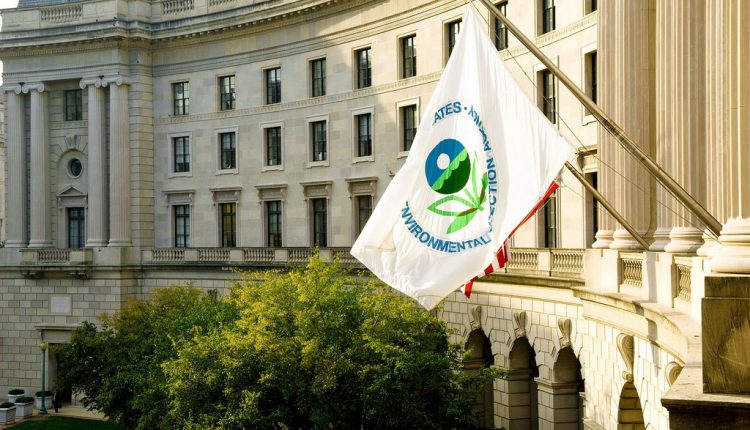
EPA Proposes Effluent Limitations Guidelines for Meat and Poultry Producers
On January 23, 2024, the U.S. Environmental Protection Agency (EPA) proposed a rule to revise the technology-based effluent limitations guidelines and standards (ELGs) for the meat and poultry products (MPP) point source category. The small entities subject to the requirements of this action are meat and poultry products facilities that engage in meat and/or poultry slaughter, further processing, and/or rendering.
EPA is proposing revisions to a regulation that would apply to wastewater discharges from MPP facilities. The proposed requirements would reduce the amount of nutrients and other pollutants discharged directly under state or EPA-issued National Pollutant Discharge Elimination System (NPDES) permits and indirectly via sewers. Transport of discharges to and through municipal sewage treatment plants, also known as Publicly Owned Treatment Works (POTWs) would also be regulated.
EPA is considering a range of options in this rulemaking. The options include more stringent effluent limitations on total nitrogen, new effluent limitations on total phosphorus, updated effluent limitations for other pollutants, new pretreatment standards for indirect dischargers, and revised production thresholds for some of the subcategories in the existing rule. Each option would result in different levels of pollutant reduction and costs.
EPA has certified that none of the options in the proposed rule will significantly impact a substantial number of small entities. EPA also convened a Small Business Advocacy Review (SBAR) Panel to obtain advice and recommendations from small entity representatives (SERs) that would be subject to the rule’s requirements.
EPA will host a virtual public hearing on the proposed rule on January 24, 2024, at 12:00 PM ET. Register for the virtual public hearing.
EPA will also host an in-person public hearing at EPA Headquarters in Washington, DC on January 31, 2024, at 10:00 AM ET. Register for the in-person public hearing.
Comments on the proposed rule are due March 25, 2024.
- Read the proposed rule and submit comments.
- Advocacy contact: Send an email to Nick Goldstein at nick.goldstein@sba.gov.
